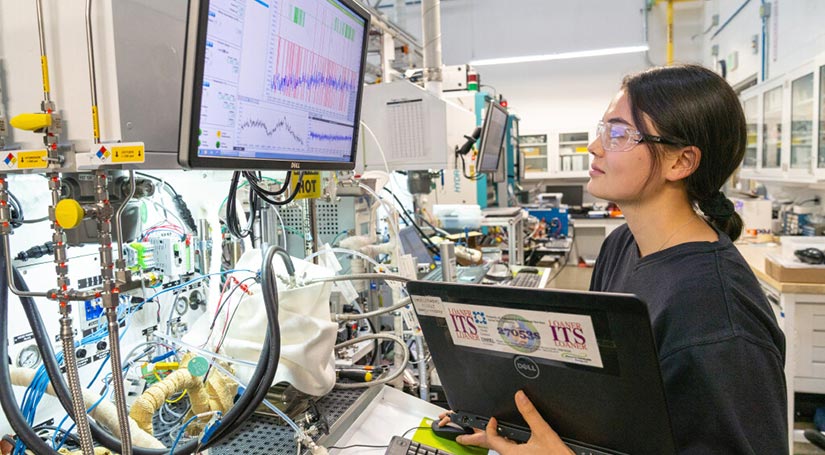How researchers are using AI to save rainforest species in Puerto Rico: Exclusive
In an exclusive endeavor at the intersection of cutting-edge technology and conservation, researchers are harnessing the power of artificial intelligence (AI) to safeguard the diverse array of rainforest species in Puerto Rico. This groundbreaking initiative marks a pivotal moment in the ongoing battle to preserve biodiversity and addresses the unique ecological challenges faced by the Caribbean island.
At the forefront of this effort is a collaborative partnership between technology experts and conservation scientists, aimed at leveraging AI to monitor and protect rainforest species in Puerto Rico. The initiative's exclusive nature lies in its innovative approach, utilizing advanced technologies to gather and analyze data in ways that were previously unimaginable.
The lush rainforests of Puerto Rico, renowned for their rich biodiversity, are home to a myriad of plant and animal species. However, this ecological treasure faces numerous threats, ranging from climate change and habitat loss to invasive species and diseases. The complexity and scale of these challenges necessitate a sophisticated and adaptive conservation strategy, and AI emerges as a game-changer in this regard.
The AI-driven monitoring system employs a network of sensors and cameras strategically placed throughout the rainforest, capturing a wealth of data on various species' behaviors, population dynamics, and interactions. These devices, equipped with machine learning algorithms, not only facilitate real-time data collection but also continuously adapt and improve their accuracy over time, enhancing the efficiency of conservation efforts.
One of the key applications of AI in this context is species identification. Traditional methods of cataloging and monitoring species involve time-consuming manual processes. AI streamlines this task by rapidly analyzing vast datasets, accurately identifying and tracking species, and providing researchers with invaluable insights into population trends and distribution patterns. This efficiency is particularly crucial in the dynamic and rapidly changing ecosystems of the rainforest.
The exclusive nature of this initiative lies in its customization for the unique challenges faced by Puerto Rico's rainforests. The AI algorithms are trained on the distinct characteristics of the island's flora and fauna, ensuring a tailored and precise approach to species identification. This level of specificity enhances the reliability of the data collected, enabling conservationists to make informed decisions and implement targeted interventions.
Furthermore, the AI system extends its capabilities to predict potential threats to rainforest species. By analyzing historical data alongside real-time observations, the technology can identify patterns and trends indicative of emerging challenges. This proactive approach empowers conservationists to implement preventative measures, mitigating the impact of factors such as disease outbreaks or invasive species encroachment.
Moreover, the initiative places a strong emphasis on local engagement and community involvement. Through educational programs and outreach initiatives, researchers aim to empower local communities with the knowledge and tools to actively participate in rainforest conservation. This inclusive approach recognizes the symbiotic relationship between human communities and the ecosystems they inhabit, fostering a sense of shared responsibility for the well-being of Puerto Rico's rainforests.








